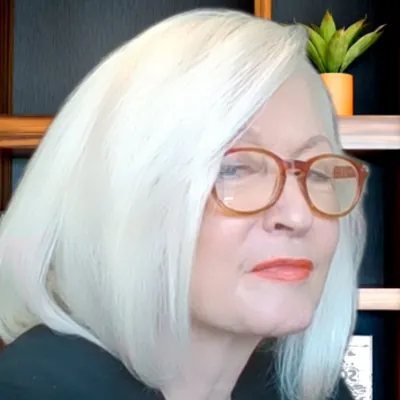After hanging up the speaking mic in October 2021, Elizabeth Shown Mills, genealogy’s pioneer in problem-solving methodology, returns in 2023 with Legacy Family Tree Webinars. Join us each month as Elizabeth encores her top-12 most beloved classes, teaching us how to break down our genealogy problems and create solutions with innovative strategies and sound methods. The classes are pre-recorded for the live watch parties.
This series is accessible only with a webinar membership. Webinar members have access to the live events, the class replays, and the class syllabus materials.
To attend the live events 1) register for the webinar (must be logged in as a webinar member to register); 2) on the day of the webinar, obtain the password (located at the top of FamilyTreeWebinars.com when logged in as a member); 3) click the Join Webinar link in your confirmation email, and enter the password when prompted.









You should receive a confirmation email with a link to the webinar soon.
You’ll also receive a reminder both the day before and one hour before the webinar begins.
Didn’t receive a confirmation email?
You successfully registered for %s.
You should receive a confirmation email with a link to the webinar soon.
You’ll also receive a reminder both the day before and one hour before the webinar begins.
Didn’t receive a confirmation email?
To ensure a smooth, high-quality webinar experience, check the quality of your internet connection.
On the day of the webinar, connect 30–40 minutes before and turn off any background software. If you can’t tune in live, you can view the recording later in the Webinar Library. If joining via a mobile device, be sure to first install the free GoTo app.
Questions? Contact us or read our FAQ.
It looks like you’re already registered for this webinar
You can register for another webinar.
Didn’t receive a confirmation email?
It looks like you’re already registered for these webinars
You can register for another webinar.
Didn’t receive a confirmation email?
Something happened on our end, sorry about that
We were unable to complete your registration.
Please try again later.
